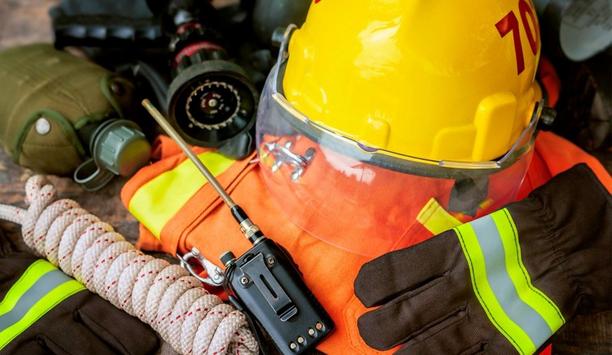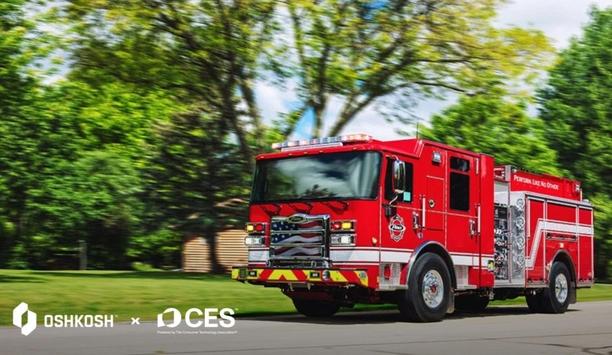Has the advent of “cloud computing” reduced the need for automatic fire suppression systems in data centers? There have been many discussions in the Information Technology, Telecom, and Fire Suppression industries recently regarding this topic.
With data stored and backed up in multiple, different physical locations, one line of thinking says there is less need for an automatic fire suppression system. A fire or other catastrophic event, at worst, results in the loss of relatively inexpensive servers and racks, and data center operations can be seamlessly transferred to another redundant location.
Economic loss due to small damage
Even a small incident can lead to a system collapse causing economic loss and potential brand damage
However, events experienced by a major airline in August 2016 show even a small incident can lead to a system collapse causing devastating economic loss and potential brand damage. In this case, thousands of flights were canceled over four days.
According to a USA Today Online article, “a faulty piece of power control equipment caught fire, sparking a surge that knocked out power, servers that did have back up were unable to communicate with those that did not.” The direct cost of this outage will likely be millions of dollars. The indirect cost – brand damage – may be immeasurable.
Need to protect physical systems
If nothing else, this example points out that the era of cloud computing has not isolated businesses from the need to protect their physical systems from major (or even minor) disruptive events.
Uninterruptible power supplies, backup generation, monitoring systems – and fire protection – are critical – even if data is being stored in multiple locations.
Evaluating associated risks
Data centers and telecommunications centers – along with the HVAC, backup power, and other systems that keep them running – are subject to multiple fire risks. Fike has evaluated each of these risks and developed, tested, and gained third-party approval for multiple systems designed to protect specific hazards found within these environments:
- Server Rooms require fire suppression systems that are fast-acting, automatic, safe for people, and non-damaging to sensitive electronics. Fike’s fire suppression systems, using Novec™ 1230 fluid, ECARO-25, FM-200, and inert gas, are designed specifically for these environments and extinguish a fire at the very earliest stage without damaging the protected assets or requiring significant cleanup.
- Backup Generator Rooms contain hydrocarbon fuel and are subject to very intense fires that often occur when primary power has been lost and the generator has been called on to keep data center systems up. Water mist systems are the most effective way to extinguish these high-energy fires, and Fike’s DuraQuench and Micro Mist systems are a Factory Mutual approved means of doing so.
- Electrical Closets containing switchgear, UPS systems, and transformers, are critical to maintaining business continuity. Fike’s ECARO-25, FM-200, and ProInert systems all use nonconductive, no-residue agents to provide rapid extinguishment of fires in these environments.
Although cloud computing has had a beneficial impact on data center uptime and business continuity, it has not eliminated the need to take common-sense measures to guard against the unexpected, as recent events have proven.















